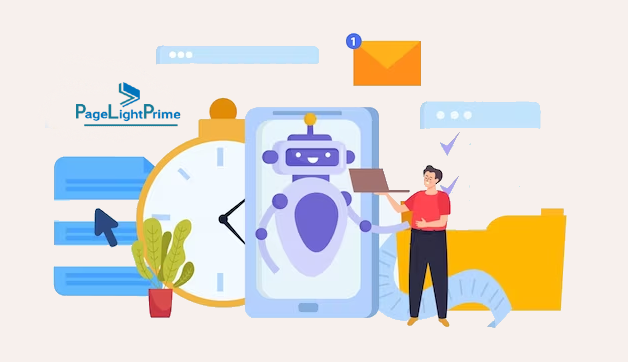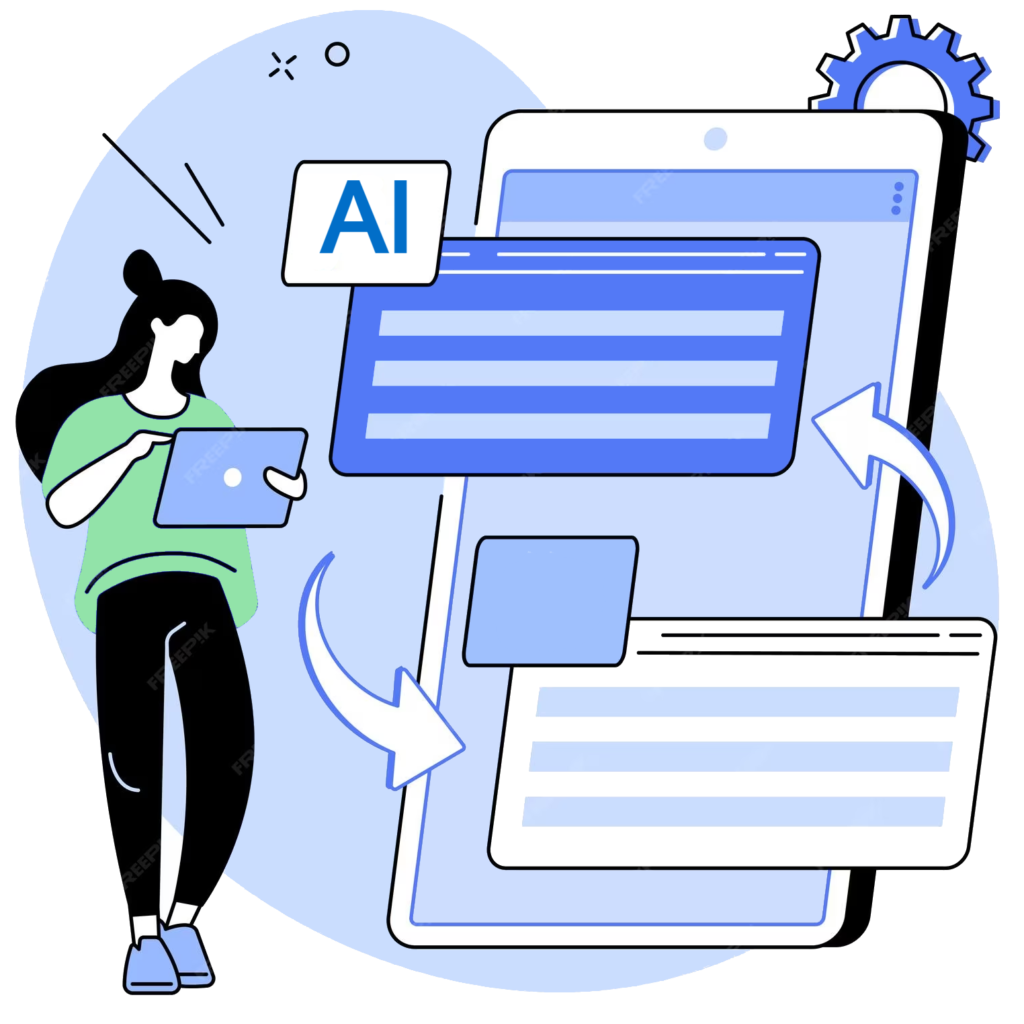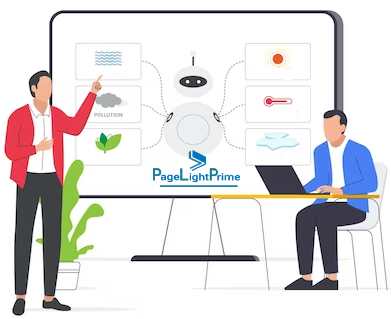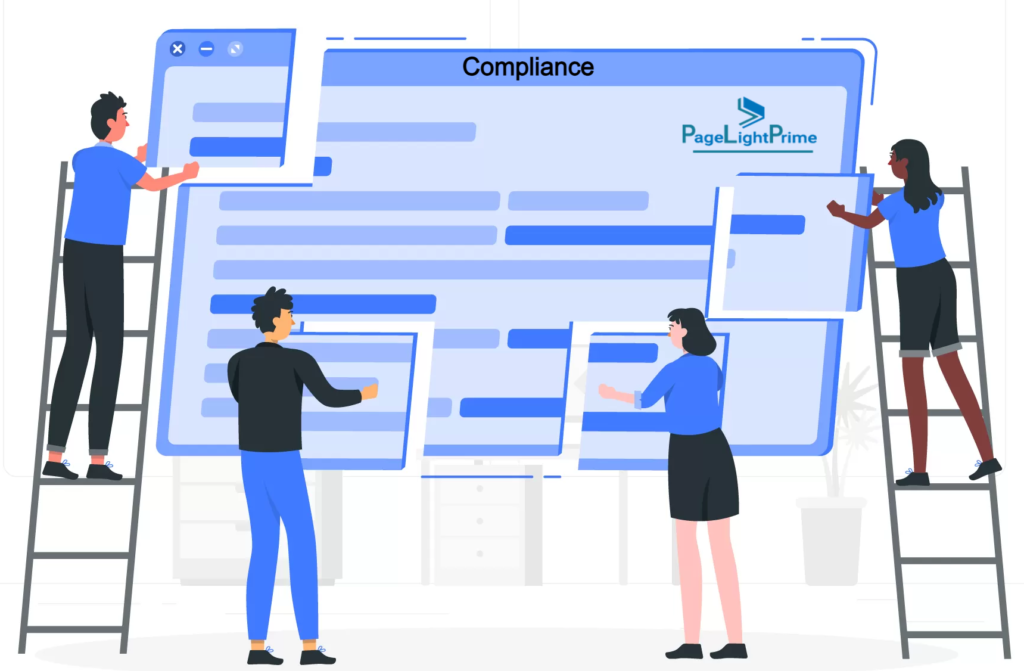AI and Document Automation for Lawyers
The adoption of artificial intelligence (AI) and document automation has become a game-changer for lawyers and legal professionals. AI-powered document automation systems have revolutionized the way legal documents are created, reviewed, and managed. This technological advancement not only saves time but also enhances accuracy, reduces costs, and allows lawyers to focus on the more intricate aspects of their cases. AI and document automation are transforming the legal landscape and why every lawyer should consider integrating them into their practice.
Written by Knowledge Team, posted on October 10, 2023

The Need for Document Automation in Legal Practice
Legal professionals deal with an extensive range of documents, from contracts and legal briefs to wills and court filings. The process of creating and managing these documents can be time-consuming, error-prone, and often tedious. Traditionally, lawyers have had to draft documents manually, leading to inefficiencies and the risk of human errors. Moreover, legal documents often require repetitive sections or clauses that need to be customized for each case. This is where AI and document automation come into play.
AI-Powered Document Automation: How It Works
Document automation systems powered by AI leverage natural language processing (NLP) and machine learning algorithms to analyze, extract, and generate content from various documents and data sources. Here’s how it typically works:

Template Creation
Lawyers can create standardized document templates tailored to specific legal needs, such as contracts, pleadings, or legal opinions.
Data Input
The system allows for easy data input, either through manual entry or integration with existing databases or case management software.
Document Assembly
AI algorithms use the provided data to automatically assemble complete, customized documents based on the predefined templates.
Review and Editing
Lawyers can review and make any necessary edits or adjustments to the generated document, ensuring accuracy and compliance with legal requirements.
Output and Storage
Once finalized, the document is saved in Legal Document Management Software and can be easily stored and retrieved for future reference or sharing with clients and colleagues.

The Benefits of AI and Document Automation in Legal Practice

Time Efficiency
One of the most significant advantages of AI-powered document automation is the time it saves. Lawyers can generate complex legal documents in a fraction of the time it would take to create them manually.
Reduced Errors
Human errors in legal documents can have serious consequences. AI-driven automation significantly reduces the risk of typographical errors, omissions, and inconsistencies.
Cost Savings
By streamlining document creation and management processes, law firms can reduce operational costs associated with manual document drafting and review.
Enhanced Consistency
Document automation ensures consistency across all documents created, maintaining uniformity in language and formatting, which is crucial for legal compliance.
Improved Collaboration
Automation allows multiple team members to work on a document simultaneously, enhancing collaboration and reducing bottlenecks in the document creation process.
Scalability
As a law firm grows, document automation systems can easily adapt to the increased volume of work, making it a scalable solution.
Risk Mitigation
AI-powered systems can identify potential legal issues or inconsistencies in documents, helping lawyers address them before they become significant problems.

Real-World Applications of AI and Document Automation

Contract Management
AI can assist in contract drafting, review, and management. It can identify clauses that may need revision based on changes in regulations or case law and help maintain an up-to-date contract repository.
Due Diligence
During mergers and acquisitions or other complex transactions, document automation can expedite the due diligence process by extracting and organizing relevant information from large volumes of documents.
Legal Research
AI-powered tools can assist lawyers in conducting legal research more efficiently by summarizing cases, identifying relevant precedents, and providing insights into legal trends.
Compliance Reporting
Automation can help ensure that businesses remain compliant with evolving regulatory requirements by generating compliance reports and tracking changes in laws and regulations.
Estate Planning
In the field of estate planning, AI can aid in the creation of wills, trusts, and other legal documents, ensuring that they accurately reflect the wishes of clients and comply with applicable laws.

Challenges and Considerations
While AI and document automation offer numerous benefits to lawyers, there are also challenges and considerations to be aware of:

Data Privacy and Security
Lawyers must ensure that sensitive client information is adequately protected when using AI systems, and they should choose reputable providers with robust security measures.
Training and Adaptation
Proper training is essential to maximize the benefits of AI tools. Lawyers and staff must be willing to adapt to new technologies and workflows.
Ethical Concerns
The use of AI in legal practice raises ethical questions, such as the responsibility of lawyers when AI systems make errors and the potential for bias in AI algorithms.
Cost of Implementation
While AI can lead to long-term cost savings, the initial investment in technology and training may be a barrier for some law firms.

Conclusion
AI and document automation are reshaping the legal profession, offering lawyers the opportunity to work more efficiently, reduce errors, and deliver better outcomes for their clients. By automating routine document-related tasks, legal professionals can focus on higher-value activities that require their expertise and judgment. While challenges and ethical considerations remain, the benefits of AI in legal practice are undeniable. As technology continues to advance, embracing AI and document automation will become increasingly essential for lawyers looking to stay competitive in the evolving legal landscape.
